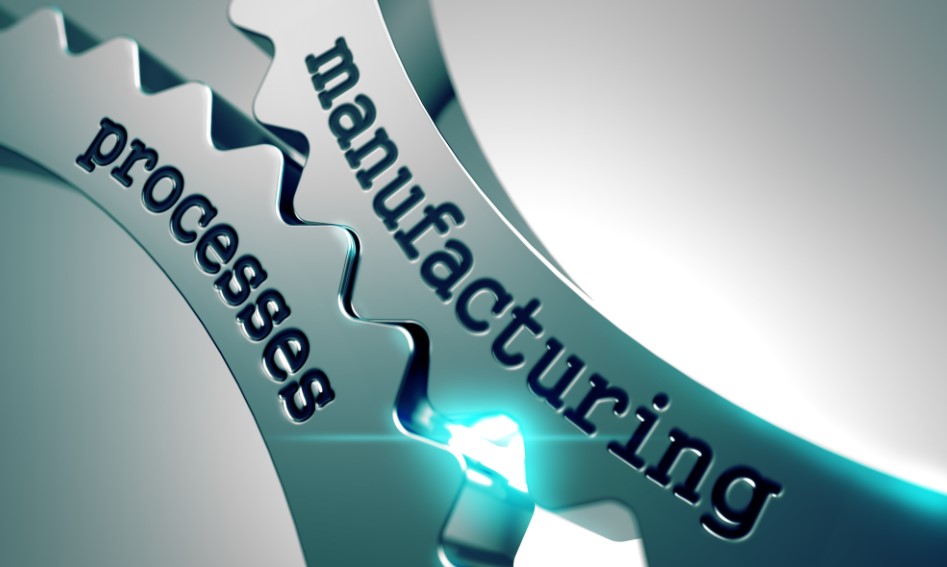The manufacturing process industry began as a solution to a need. People needed goods and supplies. Businesses needed them quickly.
Managers needed control over the final product. The solution was a systematic approach to manufacturing that could produce standardized goods.
Today, humans have refined the process. The ideals of manufacturing are the same. Goods are produced, shipped, and sold to customers. The theory is there, but the practice differs between states and countries.
It is still an industry that must concern itself with volumes, seasons, and using technology. Read this guide to learn more about the manufacturing process.
1. Invest in a Quality Manufacturing Process
A quality manufacturing process is essential for businesses to reach their full potential. It should meet your standards, from the materials used to the production and assembly methods.
The proper tools and equipment should optimize the production process. These must also minimize production costs and risks and meet customer needs.
Hence, you must understand the design, development, materials, methods, and quality assurance involved in the process. This ensures that a business invests in the right processes to drive value and growth. Get the best design for manufacturing process with the help of a trusted company.
2. Explore Automation
The manufacturing process is a complex and ever-evolving process that can be challenging to keep up with. Automation is one of the key technologies helping to advance the process. Automation involves using machines, software, and robots to automate processes, taking humans out of the equation.
Automation in manufacturing can help reduce costs and improve efficiency and quality. It also works to improve safety and reducing the time needed to complete manufacturing tasks. Additionally, automation plays a role in driving innovation and enabling mass production.
3. Measure Efficiency
Efficiency is an important area of focus for all manufacturers. This can help ensure that businesses can produce as many products as they need while keeping costs low.
It is important to know the different manufacturing parts to ensure high measure efficiency. Make sure you know how each of them impacts the overall measure efficiency.
4. Utilize Data Analytics
This is essentially taking data and using it to make informed decisions that will help boost profits. Companies should focus on tracking every step of their manufacturing process. Once data is collected, it can be assessed to identify potential pain points to improve upon.
5. Introduce Quality Control Strategies
The manufacturing process plays an important role in introducing quality control strategies. The first and most important thing to understand is the importance of input materials. It is because they are the building blocks of manufacturing.
Proper sources should be identified and used to procure materials to ensure quality control. It is also important to ensure that the manufacturing follows all industry standards and procedures.
In addition, operators should be trained in safe and effective practices to help ensure quality control. Quality control is essential in keeping customers happy and satisfied and maintaining a successful and profitable business.
Are You Ready to Venture Into the Manufacturing Process?
Manufacturing requires careful planning and execution, but the right resources can lead to increased production, cost savings, and customer satisfaction. With all of these things to consider, it is important to stay abreast of the latest developments in the manufacturing process industry.
Check out more helpful articles on our blog!

